Ronald Takaki’s landmark work of history retells U.S. history from the bottom up, through the lives Indigenous people, African Americans, Jewish Americans, Irish Americans, Asian Americans, Latino Americans, and others.
Clint Smith, author of How the Word Is Passed, writes in the foreword,
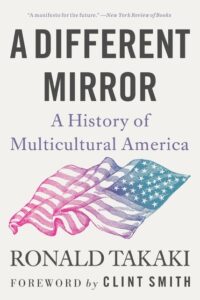
I opened a notebook, flipped to the first page of A Different Mirror, and began. Many hours later, as the summer sun had begun setting behind a thicket of campus trees, I was still there. I couldn’t stop. An endless succession of paragraphs had been underlined, hundreds of pages had been dog-eared, and my notebook was full of revelations, observations, arrows, and exclamation points. It was as if I had been thirsty my entire life and had finally been given water to drink. Takaki’s book was providing me with the tools I didn’t know I needed; it gave me a new historical framework with which to understand the landscape of American life.
I had previously read books that outlined the histories of particular ethnic groups, but I had never encountered a book that put the experiences of so many different types of Americans in conversation with one another. Under Takaki’s guidance, I was able to trace the intellectual throughlines that shaped Jefferson’s conception of Black American inferiority and Roosevelt’s belief in Japanese American disloyalty. I was able to establish clearer connections between the ideas that forced Native Americans off their land and those that brought in Chinese immigrants to build railroads across it. I was able to more fully understand the parallels of Mexican immigrants who generations ago had arrived at the southern border of the United States, and Irish immigrants who generations ago had arrive in the ports of Boston and New York.
With that said, one of the great strengths of A Different Mirror is that it does not allow comparison to slip into conflation. Takaki is careful as he threads his needle through history. He wants readers to understand the connections and overlapping histories that exist across different groups of Americans, but he is careful not to suggest that those histories are the same. It is the historical nuance and cultural dexterity with which Takaki writes that allows readers to make their own connections throughout the text. . . . .
Today we find ourselves in a moment when teaching history fully and accurately is being misrepresented by many as an ideological project rather than an honest one. There are state legislatures attempting to prevent teachers from teaching the very history that explains why our country looks the way that it does today. There are school boards banning books that provide students with perspectives from voices that are already on the peripheries of our country’s collective consciousness. It is more essential than ever that we have books that explain the history of this country in clear and forthright ways — books that don’t shirk from a certain part of history simply because some people might find it unsettling.
ISBN: 9780316499071 | Back Bay Books
A splendid achievement, a bold and refreshing new approach to our national history. The research is meticulous, the writing powerful and eloquent, with what can only be called an epic sweep across time and cultures. — Howard Zinn, author of A People’s History of the United States

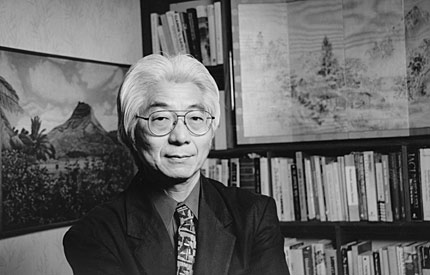
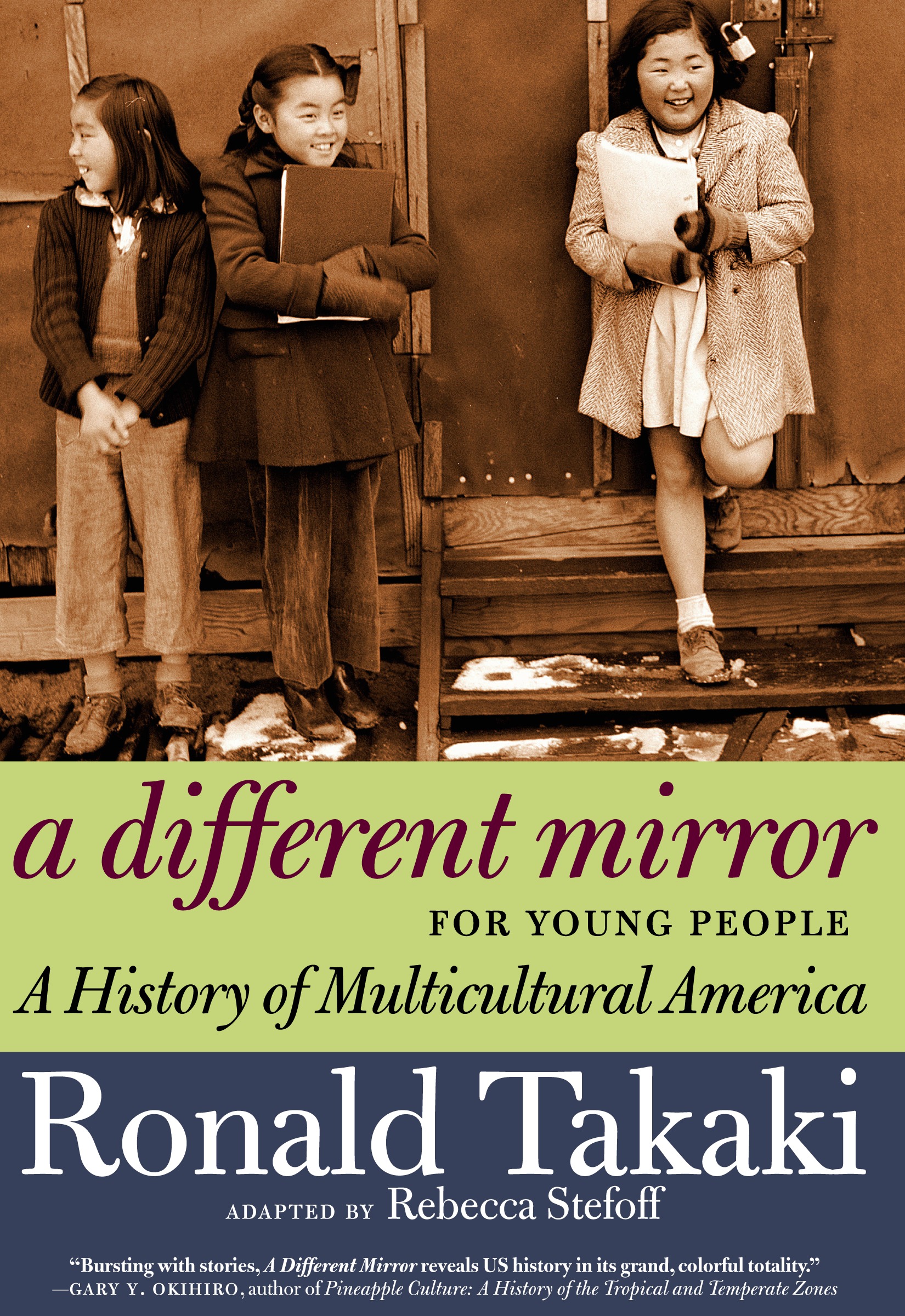
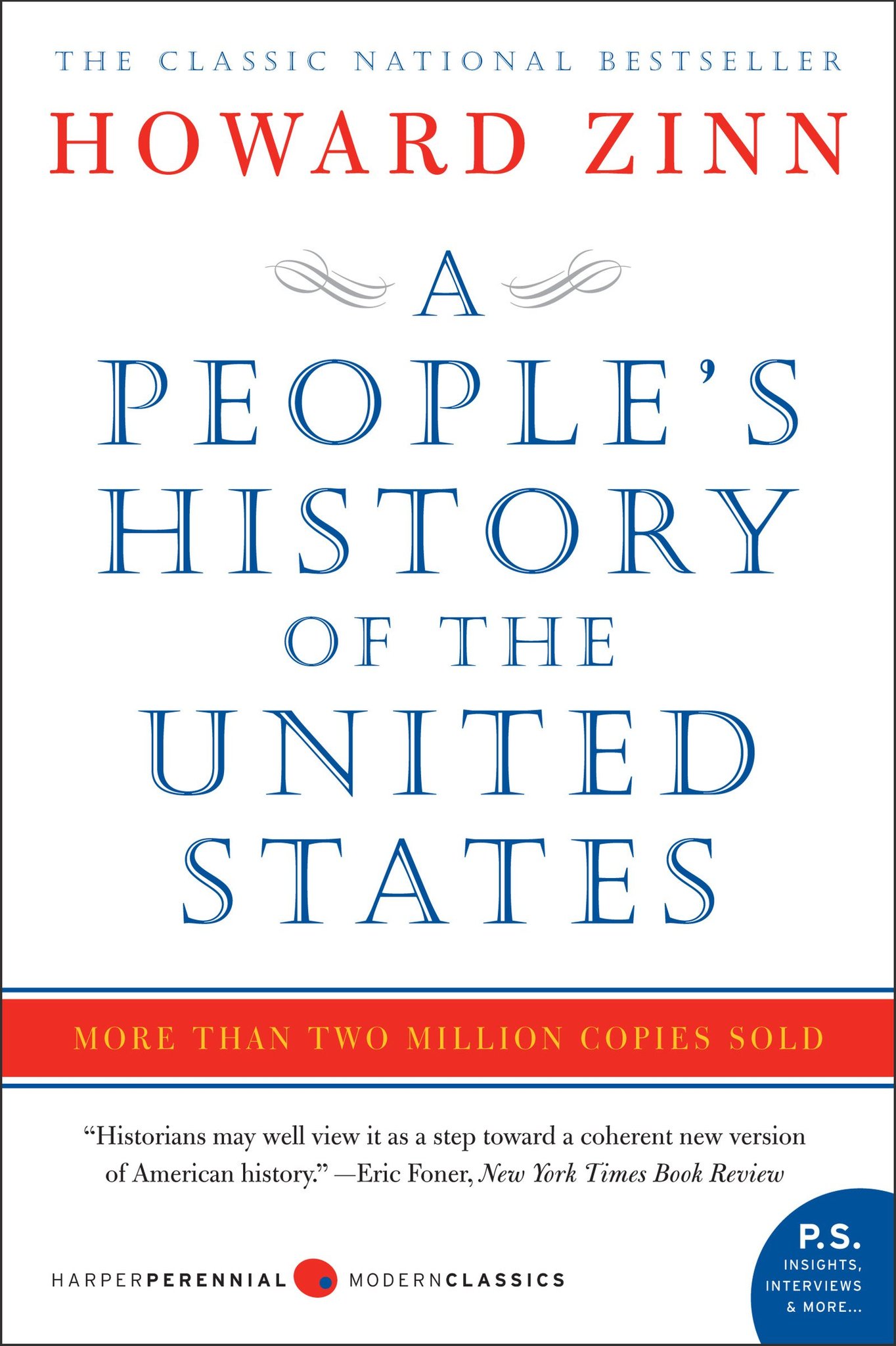
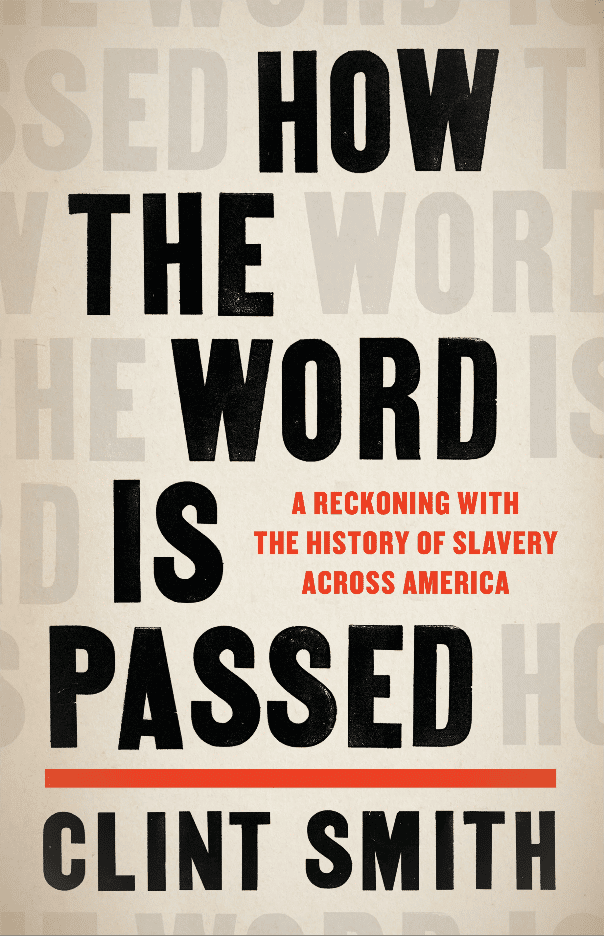






Twitter
Google plus
LinkedIn